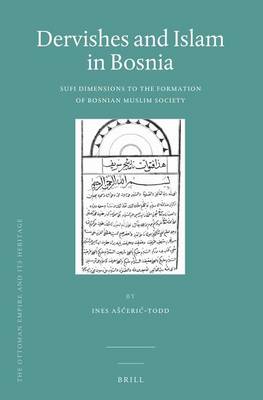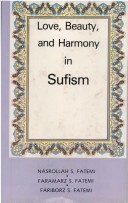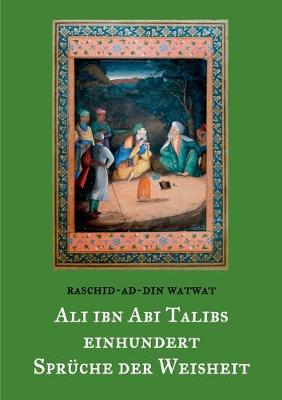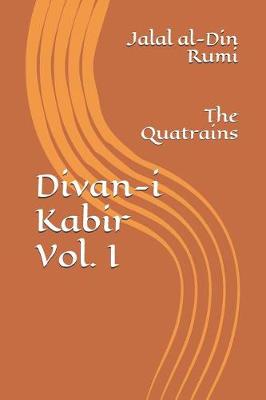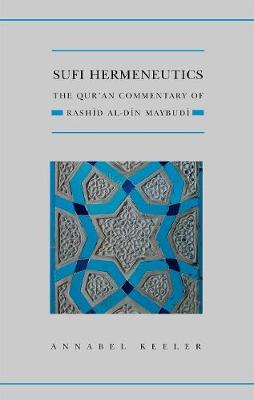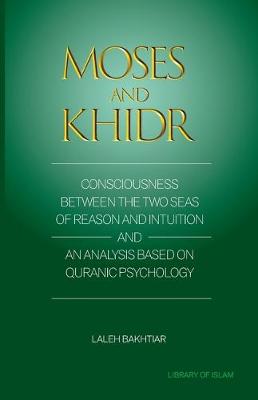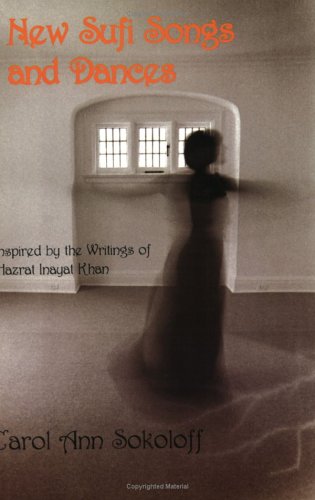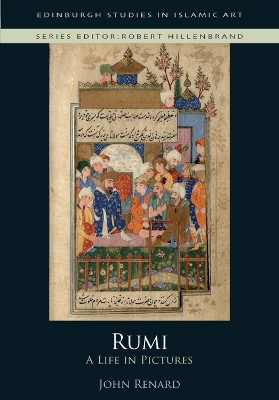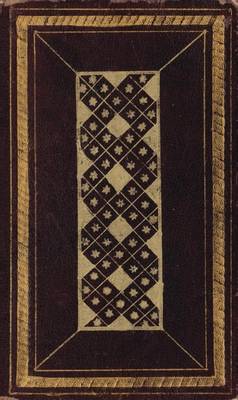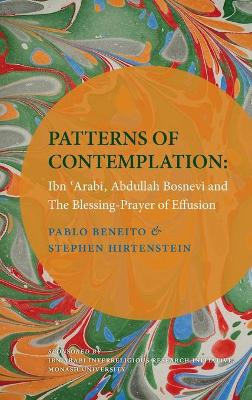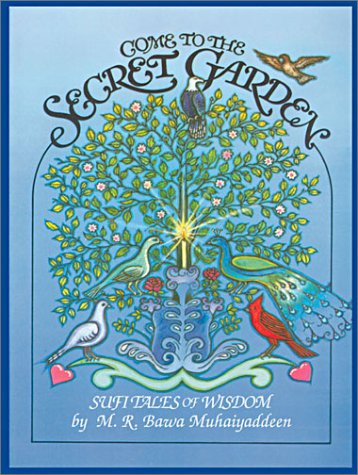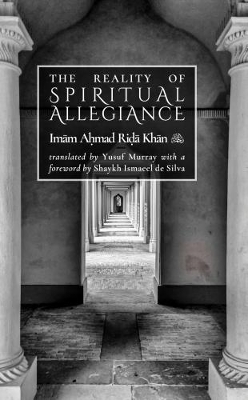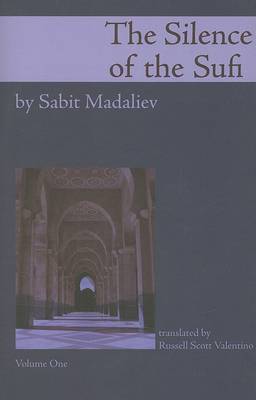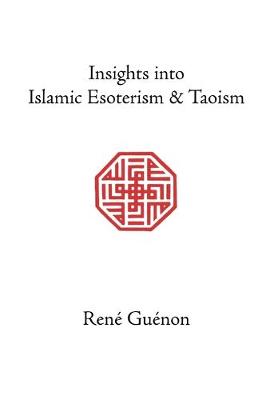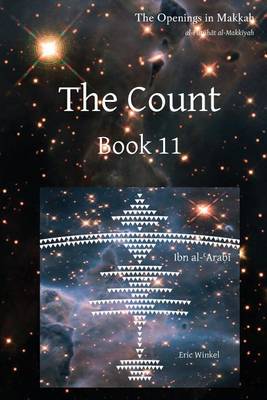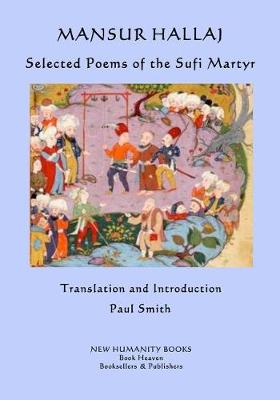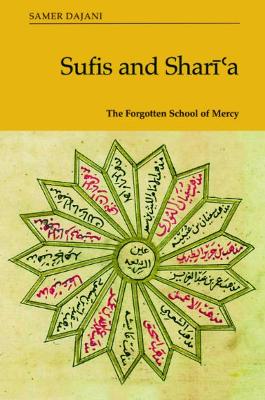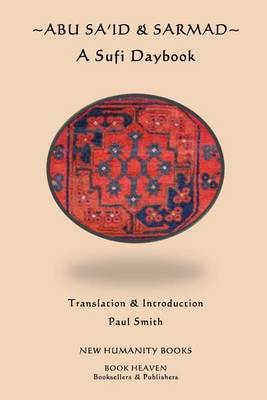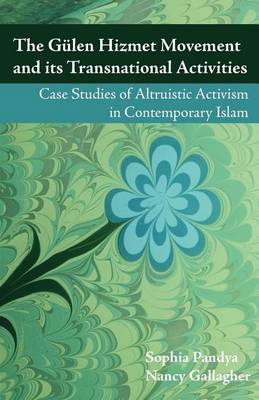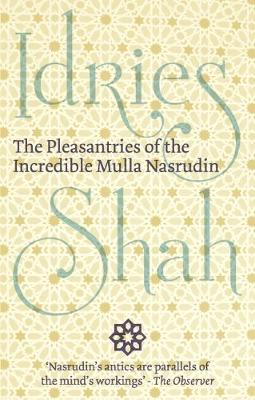Dervishes and Islam in Bosnia (Ottoman Empire and Its Heritage, #58)
by Ines Asčeric-Todd
Endowment of Divine Grace and the Spread of Divine Mercy
by Abdul-Qadir Gilani Muhyddeen
Des rechtgeleiteten Kalifen Ali ibn Abi Talib einhundert Spruche der Weisheit
by Raschid-Ad-Din Watwat
This is the first major study in a Western language of Rashid al-Din Maybudi's Persian commentary on the Qur'an Kashf al-asrar wa 'uddat al-abrar (Unveiling of Mysteries and Provision of the Righteous). Annabel Keeler explores the interplay between scriptural exegesis and mystical doctrine in a twelfth-century Sufi commentary on the Qur'an. Previously little-known outside the Persian-speaking world, it is increasingly recognized as a key work in the development of Sufi Qur'anic interpretation. T...
Moses and Khidr: Consciousness Between the Two Seas of Reason and Intuition
And I Do Call to Witness the Self-Reproaching Spirit (Silence of the Sufi, #1)
by Sabit Madaliev
This book is not about Sufism. It is about the nature of the Shar??a. In the first three centuries of Islam, many scholars believed that juristic differences were rooted in the Shar??a's inherent flexibility. As this pluralistic attitude began to disappear, a number of Sufis defended and developed this idea through the centuries. They aimed to preserve the leniency and simplicity of the Shar??a against the complications and restrictions created by many jurists.This book highlights a number of th...
The Pleasantries of the Incredible Mulla Nasrudin (Picador Books)
by Idries Shah
Reshad Feild takes us on his journey toward truth, from an encounter with a shaman in Mexico to a visit with a wise old man in the Welsh countryside. Reshad weaved into the tale of this odyssey profound reflections on love and death as the ultimate fulfillment of human aspiration. A story of death, romance, and illumination, The Invisible Way combines a fascinating tale with timeless spiritual wisdom.
